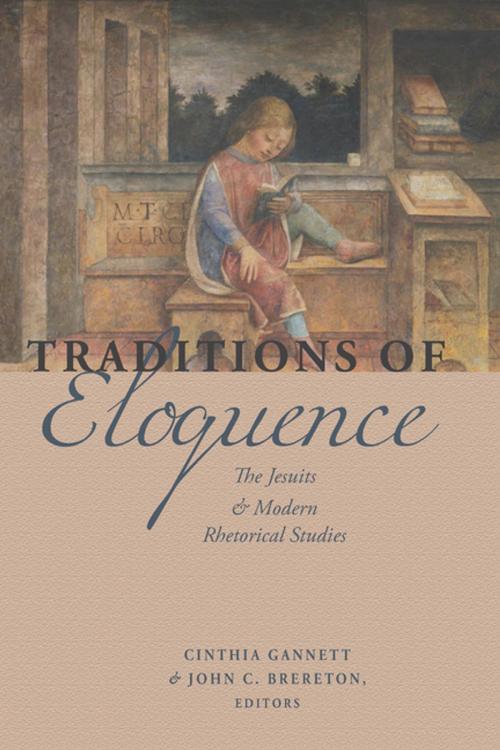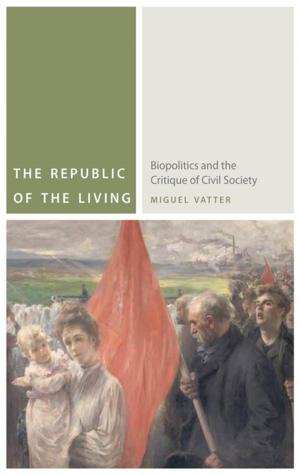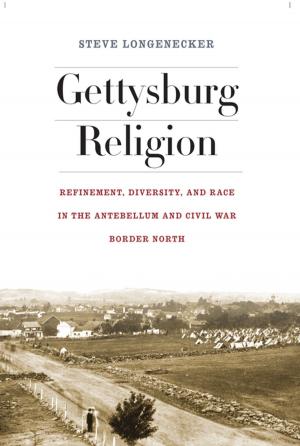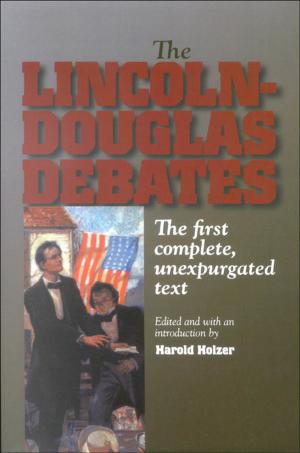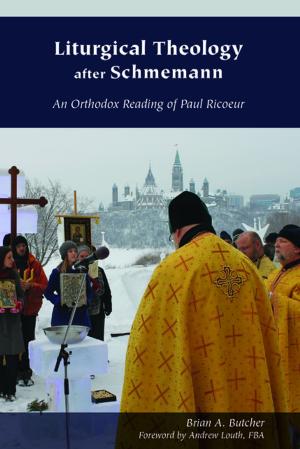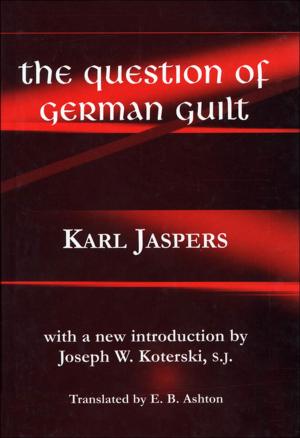Traditions of Eloquence
The Jesuits and Modern Rhetorical Studies
Nonfiction, Reference & Language, Language Arts, Public Speaking, Rhetoric, Education & Teaching, Higher Education, Religion & Spirituality, Christianity, Denominations, Catholic, Catholicism| Author: | ISBN: | 9780823264544 | |
| Publisher: | Fordham University Press | Publication: | May 25, 2016 |
| Imprint: | Fordham University Press | Language: | English |
| Author: | |
| ISBN: | 9780823264544 |
| Publisher: | Fordham University Press |
| Publication: | May 25, 2016 |
| Imprint: | Fordham University Press |
| Language: | English |
This groundbreaking collection explores the important ways Jesuits have employed rhetoric, the ancient art of persuasion and the current art of communications, from the sixteenth century to the present. Much of the history of how Jesuit traditions contributed to the development of rhetorical theory and pedagogy has been lost, effaced, or dispersed. As a result, those interested in Jesuit education and higher education in the United States, as well as scholars and teachers of rhetoric, are often unaware of this living 450-year-old tradition. Written by highly regarded scholars of rhetoric, composition, education, philosophy, and history, many based at Jesuit colleges and universities, the essays in this volume explore the tradition of Jesuit rhetorical education—that is, constructing “a more usable past” and a viable future for eloquentia perfecta, the Jesuits’ chief aim for the liberal arts. Intended to foster eloquence across the curriculum and into the world beyond, Jesuit rhetoric integrates intellectual rigor, broad knowledge, civic action, and spiritual discernment as the chief goals of the educational experience.
Consummate scholars and rhetors, the early Jesuits employed all the intellectual and language arts as “contemplatives in action,” preaching and undertaking missionary, educational, and charitable works in the world. The study, pedagogy, and practice of classical grammar and rhetoric, adapted to Christian humanism, naturally provided a central focus of this powerful educational system as part of the Jesuit commitment to the Ministries of the Word. This book traces the development of Jesuit rhetoric in Renaissance Europe, follows its expansion to the United States, and documents its reemergence on campuses and in scholarly discussions across America in the twenty-first century.
Traditions of Eloquence provides a wellspring of insight into the past, present, and future of Jesuit rhetorical traditions. In a period of ongoing reformulations and applications of Jesuit educational mission and identity, this collection of compelling essays helps provide historical context, a sense of continuity in current practice, and a platform for creating future curricula and pedagogy. Moreover it is a valuable resource for anyone interested in understanding a core aspect of the Jesuit educational heritage.
This groundbreaking collection explores the important ways Jesuits have employed rhetoric, the ancient art of persuasion and the current art of communications, from the sixteenth century to the present. Much of the history of how Jesuit traditions contributed to the development of rhetorical theory and pedagogy has been lost, effaced, or dispersed. As a result, those interested in Jesuit education and higher education in the United States, as well as scholars and teachers of rhetoric, are often unaware of this living 450-year-old tradition. Written by highly regarded scholars of rhetoric, composition, education, philosophy, and history, many based at Jesuit colleges and universities, the essays in this volume explore the tradition of Jesuit rhetorical education—that is, constructing “a more usable past” and a viable future for eloquentia perfecta, the Jesuits’ chief aim for the liberal arts. Intended to foster eloquence across the curriculum and into the world beyond, Jesuit rhetoric integrates intellectual rigor, broad knowledge, civic action, and spiritual discernment as the chief goals of the educational experience.
Consummate scholars and rhetors, the early Jesuits employed all the intellectual and language arts as “contemplatives in action,” preaching and undertaking missionary, educational, and charitable works in the world. The study, pedagogy, and practice of classical grammar and rhetoric, adapted to Christian humanism, naturally provided a central focus of this powerful educational system as part of the Jesuit commitment to the Ministries of the Word. This book traces the development of Jesuit rhetoric in Renaissance Europe, follows its expansion to the United States, and documents its reemergence on campuses and in scholarly discussions across America in the twenty-first century.
Traditions of Eloquence provides a wellspring of insight into the past, present, and future of Jesuit rhetorical traditions. In a period of ongoing reformulations and applications of Jesuit educational mission and identity, this collection of compelling essays helps provide historical context, a sense of continuity in current practice, and a platform for creating future curricula and pedagogy. Moreover it is a valuable resource for anyone interested in understanding a core aspect of the Jesuit educational heritage.
